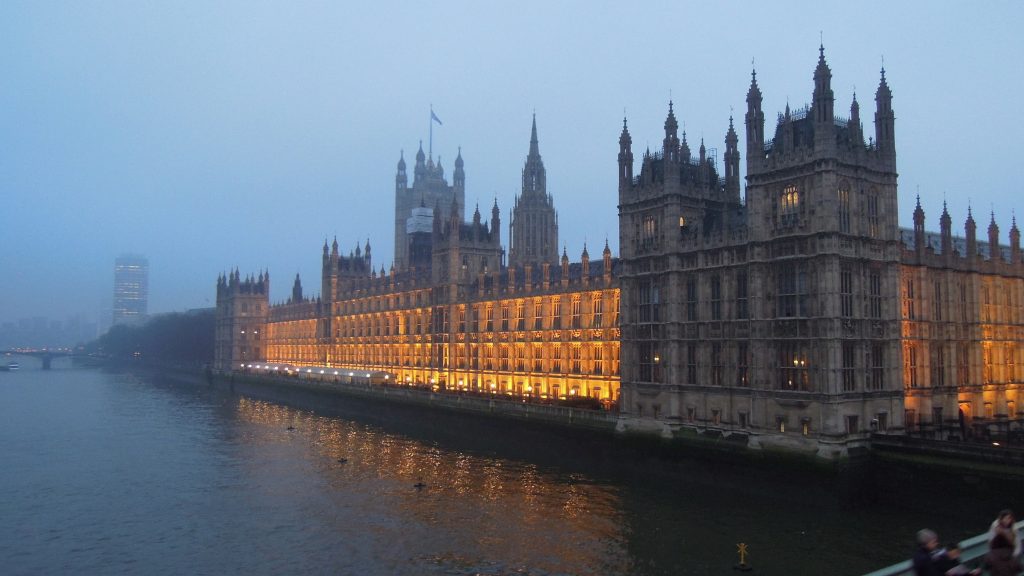Eight years ago today, the House of Lords made a landmark judgment about the state’s duty to protect people at risk of suicide.
While the Suicide Act 1961 decriminalised taking (or trying to take) your own life, the state is still responsible for protecting people who are at risk.
The decision in the Savage Case in 2008 helped to strengthen the laws behind this, extending these human rights protections to people in hospitals. Here’s why it’s so important, and how our human rights come into play.
What Was the Savage Case About?
 Image Credit: David McKelvey / Flickr
Image Credit: David McKelvey / Flickr
The full name for the case is Savage v South Essex Partnership NHS Foundation Trust, and it was heard in the House of Lords. Cases don’t go to the House of Lords anymore, instead, the highest court in the UK is the Supreme Court.
It essentially ruled that hospitals are responsible for protecting patients who are at risk of suicide. It centred around a woman who was being treated in a secure psychiatric ward who was able to walk out of the hospital and onto nearby train tracks where she died. She had been an inpatient several times before, and had developed severe paranoia and delusions, as well as previously attempting to jump out of the window in an effort to escape.
The court ruled she had deserved better protection. This comes from Article 2 of the Human Rights Convention, the right to life. As well as stopping the state unlawfully taking the life of any citizen, it also imposes an obligation on states to safeguard lives they are responsible for. The Savage case ensured hospitals are included within this.
This case also emphasised the vital need for personal considerations in the way hospitals fulfil their duty to patients. The judges went much further than just creating a basic legal test, stressing that attempts to prevent suicide should be for the patient’s benefit. So, hospitals must consider staff training, a proper system for monitoring mental health issues, and, crucially, respond to each patient’s needs.
For example, keeping a patient locked up or secluded might do more harm than good. Instead, the court said each patient’s independence should be the focus, along with a good quality of life. This considered approach has been reflected in the increased reliance on human rights to make sure vulnerable people receive full and fair treatment.
The Effect of a Right to Life
The use of Article 2 to protect and support those at risk of suicide also extends outside hospitals. Even before the Savage case, Article 2 had been used to make sure suicidal prisoners were properly protected from the risk of suicide in the case of Keenan v UK.
Moving forward, Article 2 has been used to make sure suicides, along with other deaths in custody or under restraint in hospital are properly investigated. It has also been extended to non-detained hospital patients and to protect prisoners from violent inmates.
It is a basic and fundamental requirement that we are all protected, even from risks which can come from our own states of mind. Human rights are just one of the ways to make sure this happens in practice.
If you’re struggling with your mental health, you can find more support and advice on the Samaritans’ website.






